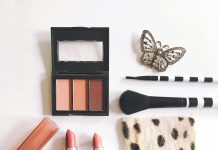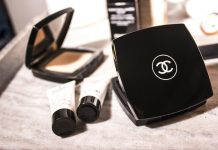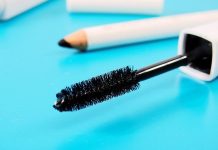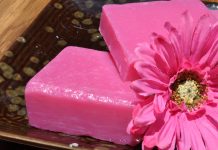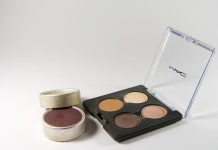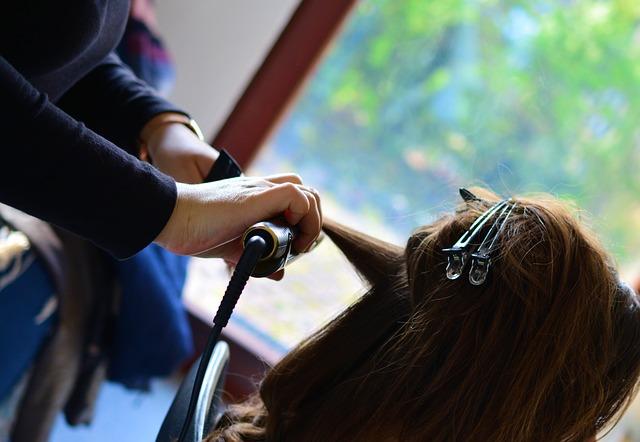In the bustling world of beauty and self-care, one question continues to bubble to the surface: should you wash your hair daily or less frequently? This seemingly simple choice has sparked endless debates, fueled by personal preferences, scientific insights, and cultural influences. As we navigate the delicate balance between cleanliness and natural oils, it’s time to dive into the sudsy details, unraveling the mysteries of hair health and hygiene. Whether you’re a devoted daily washer or a champion of the no-poo movement, this article explores the spectrum of hair-washing habits, helping you find the perfect rhythm for your locks.
The Science Behind Hair Washing Frequency
Understanding the optimal frequency for washing your hair involves diving into the intricate balance of scalp health and hair type. Our scalp naturally produces sebum, an oily substance that maintains moisture and protects hair. Washing too frequently can strip away these natural oils, leading to dryness and irritation. Conversely, infrequent washing might cause oil buildup, resulting in a greasy appearance. The science lies in finding the right balance tailored to your specific needs.
- Hair Type: Oily hair may require more frequent washing, while dry or curly hair often benefits from less frequent washes.
- Scalp Health: A healthy scalp produces just enough sebum, but factors like diet, hormones, and climate can affect this balance.
- Product Usage: Styling products can accumulate and necessitate more frequent cleansing to avoid buildup.
By understanding these factors, you can tailor your hair washing routine to support both scalp health and the natural beauty of your hair.

Understanding Your Hair Type and Its Needs
To make informed decisions about your hair care routine, it’s essential to first identify your hair type. Hair types can vary widely, encompassing categories such as straight, wavy, curly, and coily. Each type has unique characteristics and requirements. For instance, straight hair tends to get oily more quickly, while curly and coily hair are often drier and more prone to frizz. Understanding these distinctions can guide how often you should wash your hair.
Consider these factors to determine your hair’s specific needs:
- Scalp Condition: Oily scalps may require more frequent washing, while dry scalps benefit from less.
- Hair Texture: Fine hair often needs more frequent cleansing compared to thicker strands.
- Lifestyle: Active lifestyles may necessitate more washes due to sweat and dirt accumulation.
- Product Usage: Regular use of styling products might lead to buildup, affecting wash frequency.
By tailoring your routine to your hair type, you ensure it remains healthy and vibrant, avoiding unnecessary washing that can strip away natural oils or under-washing that leads to buildup.
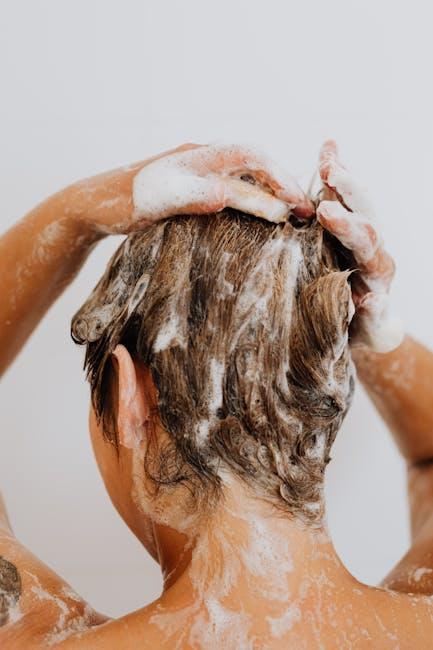
Balancing Cleanliness with Natural Oils
Finding the right hair washing routine is essential to maintain both cleanliness and the natural oils that keep your hair healthy. Over-washing can strip these oils, leading to dryness and potential damage. However, washing too infrequently might cause a build-up of dirt and excess oil, making hair appear greasy. Striking a balance involves understanding your hair type and lifestyle.
- Oily Hair: Might benefit from more frequent washing to manage excess oil.
- Dry or Curly Hair: Often thrives with less frequent washing, preserving moisture and natural texture.
- Active Lifestyle: May require more regular washing due to sweat and environmental exposure.
Ultimately, listening to your hair’s needs and experimenting with frequency can help you achieve the perfect balance. Consider using a gentle, sulfate-free shampoo to minimize stripping and enhance your hair’s natural beauty.
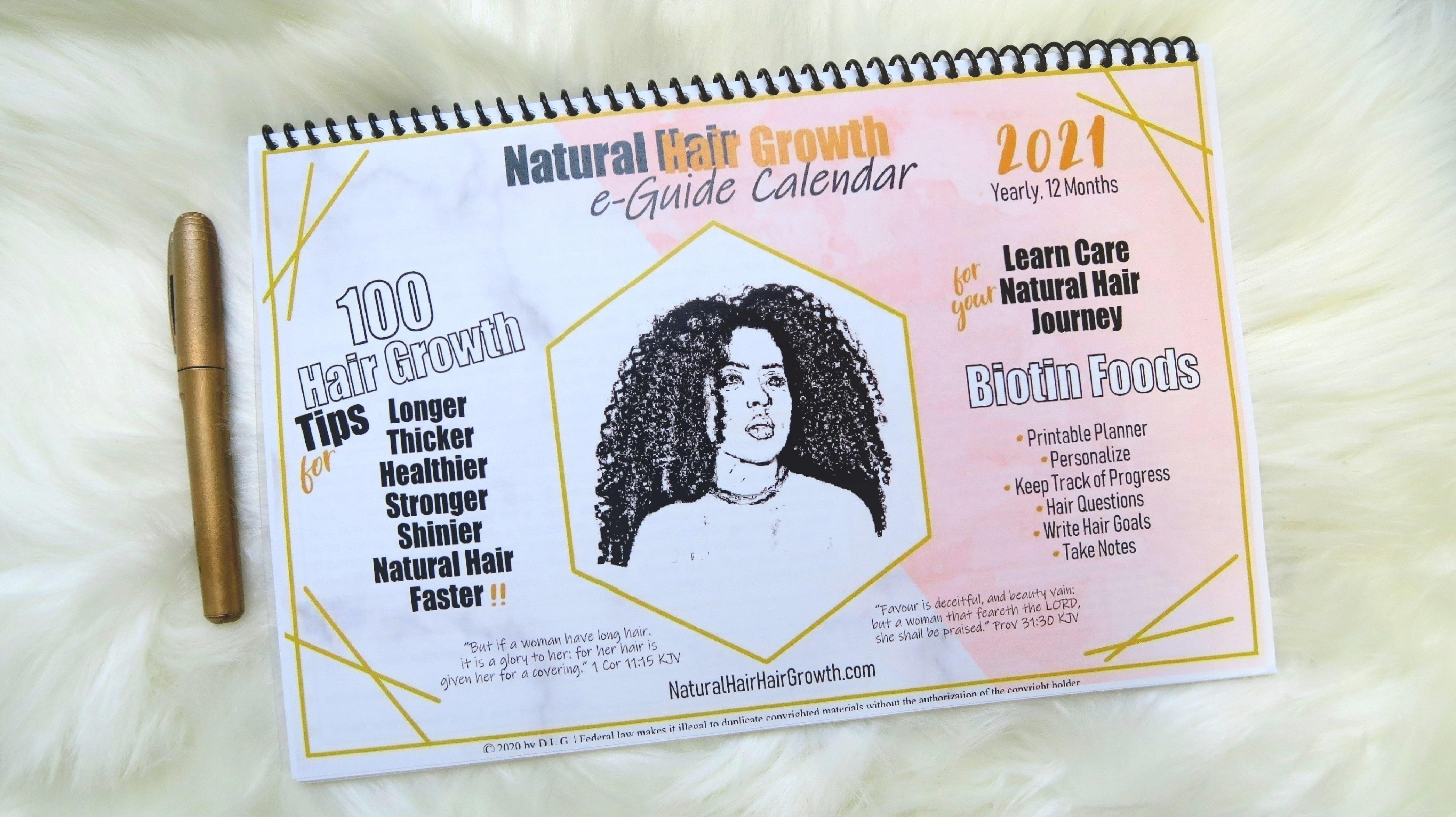
Expert Tips for a Personalized Hair Care Routine
Crafting a personalized hair care routine starts with understanding your hair type and lifestyle. Fine hair may require more frequent washing to prevent oil buildup, while thicker, curly hair might thrive with less frequent washes to maintain natural moisture. Listen to your scalp’s needs: if it’s dry or flaky, reducing shampoo frequency might be beneficial. Consider incorporating a gentle cleansing conditioner or a dry shampoo to extend the time between washes without compromising cleanliness.
Beyond frequency, focus on the products you use. Opt for sulfate-free shampoos to prevent stripping natural oils, and choose a nourishing conditioner tailored to your hair’s needs. Here’s a quick list to guide your routine:
- Oily Hair: Light, clarifying shampoo; frequent washing.
- Dry Hair: Moisturizing shampoo; less frequent washing.
- Color-Treated Hair: Color-safe products; minimal washing.
Ultimately, finding the right balance is key. Adjust your routine as seasons change and your hair evolves, ensuring it remains healthy and vibrant.






